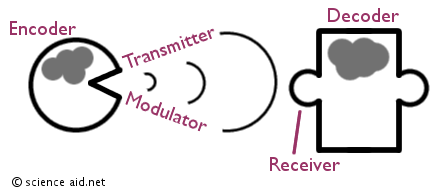Connect with us on LinkedIn for updates and the latest industry news
Collective anticipation for the Ministerial update on Sunday evening was high. 65 million of us wanted to know what restrictions our lives would be guided by over the coming weeks. We awaited Boris Johnson’s briefing (and the subsequent touted 50 page guidance document) with a desire for clarity .
.
Did we get it? Well it appears from the immediate response on social media and social commentators a very mixed view. Which leads to the assumption if it’s not clear, it hasn’t given clarity.
The definition of clarity is ‘the quality of being coherent and intelligible’. The focus being on the ‘sender’. And we all know that the measure of communication is in how it is received. (You can’t hide behind ‘well I sent it/shared it/told them’ if you’re identifying the source of communication failings!)
But I wonder if, in these extraordinary times, we may have forgotten the importance of our receiving role of ‘decoding’ for successful communication?
In the book, “Business Communication,” Lehman and DuFrene describe decoding:
“The receiver’s task is to interpret the sender’s message, both verbal and nonverbal, with as little distortion as possible. The process of interpreting the message is known as decoding. Because words and non-verbal signals have different meanings to different people, countless problems can occur at this point in the communication process.”

In times of stress, our ability to ‘decode’ may be impaired. Leading us to seek more and more ‘clarity’ (by which we mean ‘information’ or ‘detail’) from the sender, rather than taking a personal responsibility to ‘decode’ and interpret for ourselves.
Clearly that doesn’t excuse poor communication from the sender. But perhaps realising our ‘receiver responsibilities’ in the communication loop is just as important at this time.




